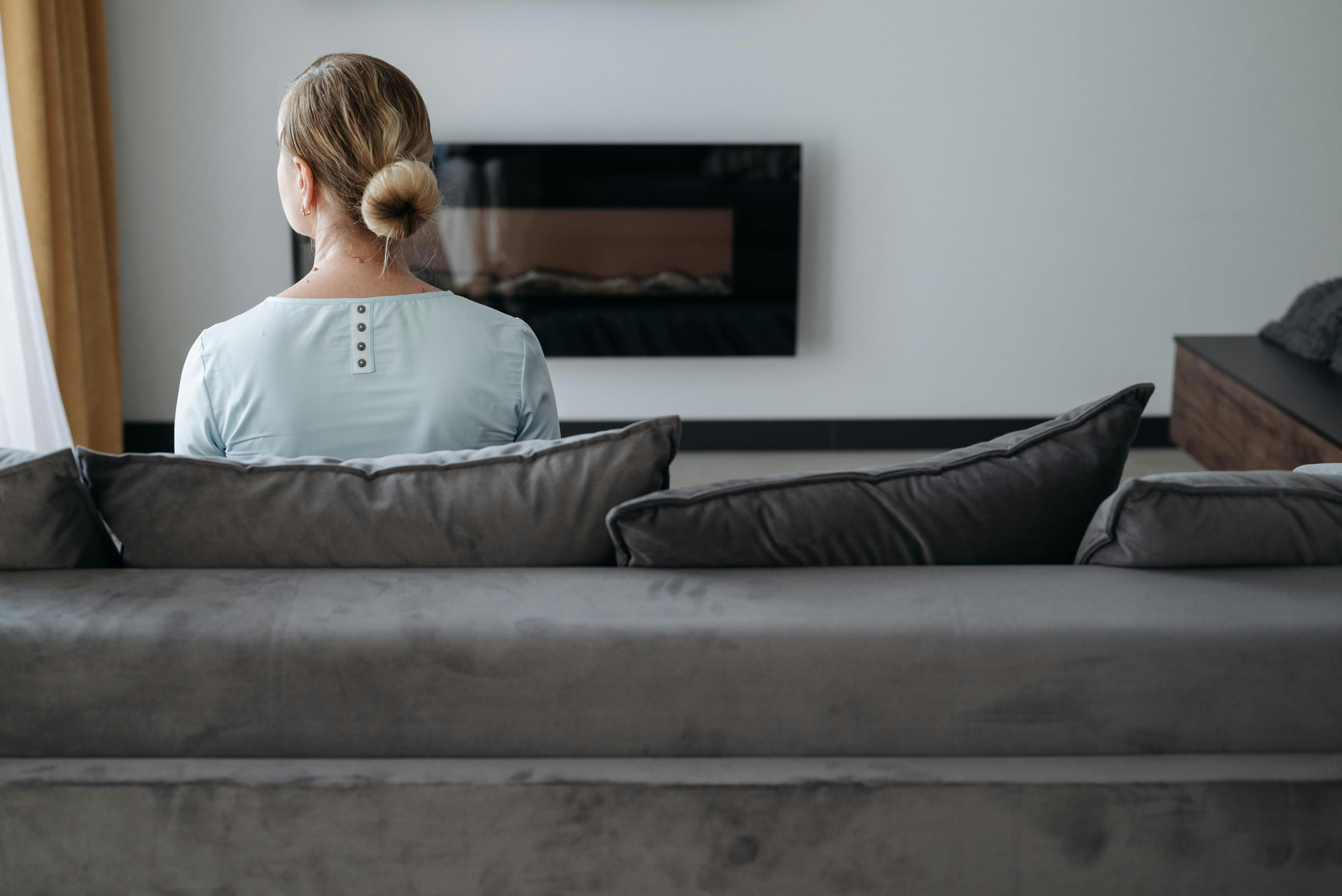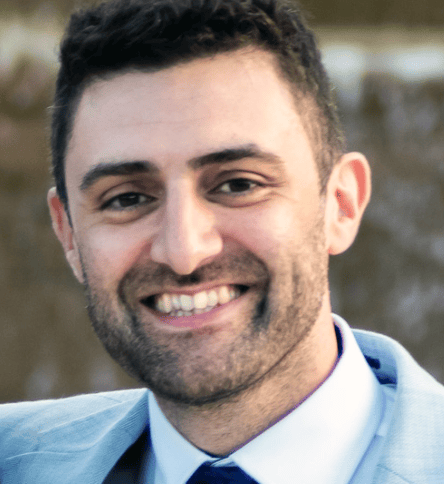House Insurance When Someone Dies: What You Need to Know
Very little can soothe the pain of losing a loved one, but insuring their empty home can offer some peace of mind. Here's what you need to know.
Published:
When you purchase through links on our site, we may earn an affiliate commission. Here's how it works.

Few things are more upsetting than the loss of a loved one, and the period following a death is often fraught with stress and pain. This time can be especially tough for those named executors of an estate, given the additional responsibilities that the role brings.
The topic of house insurance when someone dies is likely to be the last thing on your mind. But, if the deceased has left behind empty property, probate insurance or the need for appropriate home insurance policies shouldn’t be ignored.
Read on to find out why insuring an empty house after death is vital and how best to do so without adding more worries to a challenging situation.
Key takeaways
- Existing home insurance is usually valid following the homeowner’s death, but insurers must be informed as soon as possible.
- Standard insurance policies only permit a property to remain empty for 30-60 days.
- Executors or next of kin are responsible for safeguarding a property during probate.
- Unoccupied house insurance protects homes that may lie vacant for a long time.
What happens to home insurance when someone dies?
Reassuringly, when a homeowner passes away, any existing home insurance remains active. However, the executor or next of kin must contact the insurers at their earliest opportunity. Updating an existing policy is essential to ensure you don’t invalidate house insurance.
The next steps will depend on the situation following the death. Insurers will want to know if someone (such as the deceased's spouse or children) intends to continue living in the property, or if it will remain unoccupied during probate.
Insurers should then be able to inform executors of any new conditions on the insurance. They will seek assurance that premiums will be kept up to date to prevent cancellation.
It may be possible to transfer existing home insurance into the name of the deceased's beneficiaries, or they may insist on a new policy. Insurers may also require a copy of the death certificate.
How long can a house be left unoccupied?
Insurers get nervous when it comes to unoccupied homes. They see an empty house as full of risk.
So, standard house insurance policies typically include a maximum allowance for the length of time a property can be left vacant. This varies by policy but is usually between 30 and 60 days. Find out what the conditions are on any existing insurance policies taken out by the deceased.
Should you suspect the maximum time will be surpassed during probate, you may need to look into unoccupied house insurance.
Risks of leaving a property unoccupied
Empty properties have increased risks associated with them. These include but are not limited to the following:
- Theft and vandalism: Burglars are known to target homes that they suspect to be empty. A vacant property reduces the chance of confrontation and allows them more time to plan and execute their raid.
- Fire and flooding: Homeowners have good instincts. We know when something doesn't look, smell, or sound right. That’s why properties are more prone to fires or leaks when nobody is home to spot early signs.
- Escape of water: When water flows through pipes and heating systems, it’s less likely to freeze. A vacant home leaves water systems dormant, increasing the chances of burst pipework.
- Deterioration and infestation: Homes need regular TLC. Without maintenance, a crack can widen into a gap, a drip can become a puddle, and a curious mouse can establish a thriving colony.
Who is responsible for insuring a house in probate?
Following the homeowner’s passing, the responsibility for safeguarding the property falls on the shoulders of the executor. It’s why you might see occasional references to “executor’s house insurance.” If no executor is appointed, the next of kin is usually next in line.
They should contact the existing insurance provider with the following details to hand:
- Death certificate
- Proof of executorship
- Documents relating to probate
- Existing insurance policy details
Although the insurer may have some questions for you regarding the above, make a note of any information you require from the insurer before contacting them. You may want to enquire about their conditions regarding an unoccupied property, for example. You should also confirm that all premium payments are up to date and that the property remains insured. It may also be a good time to update any details, including the property's value.
How to insure a property in probate
When a house is in probate, the property has begun the legal process through which it will be transferred to its new owner. This is typically to a spouse or children of the deceased, but not always.
If you're the executor, it’s your responsibility to insure the property while this process is ongoing. These steps outline how to do so:
Contact the insurance company
If the deceased had house insurance, do your best to find all the information related to their policy. You'll want to contact the insurance company to inform them of the homeowner's passing, and they should be able to help you with the next steps.
Ensure the property is covered
If the previous homeowner didn’t have house insurance or it has expired, don’t delay. Many people wonder if home insurance is mandatory, and while that isn't the case, protecting the deceased's home is highly recommended.
Determine what policy you require
If the property lies vacant following a death, you'll likely require a specific unoccupied home policy. These can provide short- to long-term coverage depending on your requirements and can usually be extended beyond the original term. Take advice from your solicitor, who can give you an idea of how long the probate process will take. If someone will be living in the property while it’s in probate, a standard home insurance policy is likely to suffice.
Adhere to all conditions
Whichever policy you opt for, pay careful consideration to its conditions. This is likely to include a requirement to maintain the property in a good state of repair.
What is unoccupied house insurance?
Unoccupied house insurance offers key protection for properties that lie empty for long periods. Because standard insurance policies limit the time you can leave your home vacant, some insurers provide tailored packages for unoccupied properties.
These typically appeal to homeowners taking extended trips away or landlords between tenants. They’re also applicable following the death of a homeowner.
What does unoccupied house insurance cover?
Both buildings and contents insurance tend to be included in unoccupied-specific policies. They will cover the structures of your home (included in buildings insurance) and its items, fixtures, and fittings (contents insurance).
Your insurers will usually pay for the repair, rebuild, or replacement of the above if there’s damage or loss as a result of the following:
- Theft and vandalism
- Fire and smoke damage
- Storms and floods
- Water damage
- Damage caused by cars, aircraft, or falling objects
Although not typically included as standard, you can add accidental damage and liability coverage to your policy for an additional fee.
Claims relating to theft via unforced entry, deliberate damage, unauthorised renovations, or damage resulting from neglect will be rejected by the insurer.
How to get unoccupied house insurance
Once you’ve confirmed that the deceased’s property will lie vacant for longer than your standard home insurance permits, start your search for suitable unoccupied home insurance.
Search online for the best unoccupied house insurance policy, and make a shortlist of your top options. Rank them based on the following parameters to ensure you get the best home insurance for your situation:
- Duration: If you have a rough idea of how long the property will be vacant, tailor your quote as close to this period as possible to ensure you’re not overpaying. You can usually extend your policy’s coverage before it expires, should the circumstances change.
- Coverage: Look for policies that cover fire, theft, and water damage. You might have to pay more for protection from burst pipes and squatters.
- Conditions: Many insurers will only offer unoccupied cover provided certain conditions are met. These can range from checking in on the property to maintaining alarms or switching off the mains water supply.
- Budget: Because vacant properties are deemed higher risk, unoccupied policies are more expensive than standard cover. It pays to shop around to find an option to suit your budget.
FAQs
How can I reduce the risks to a vacant property during probate?
To avoid the empty home becoming a target for burglars, vandals, or squatters, visit the property regularly. While there, remove any letters from the doormat, maintain any gardens, and check the locks on all doors and windows. Consider installing an alarm on the property.
What happens if the insurer isn't informed of the homeowner's death?
Failure to notify the insurer that the homeowner has died could invalidate the insurance. This would leave the property uninsured and add further strain during a time that is already stressful.
What if the house is being sold during probate?
The executor or next of kin should continue to pay the insurance premium until any sale is complete. After that, they can notify the insurer of the change in ownership.
